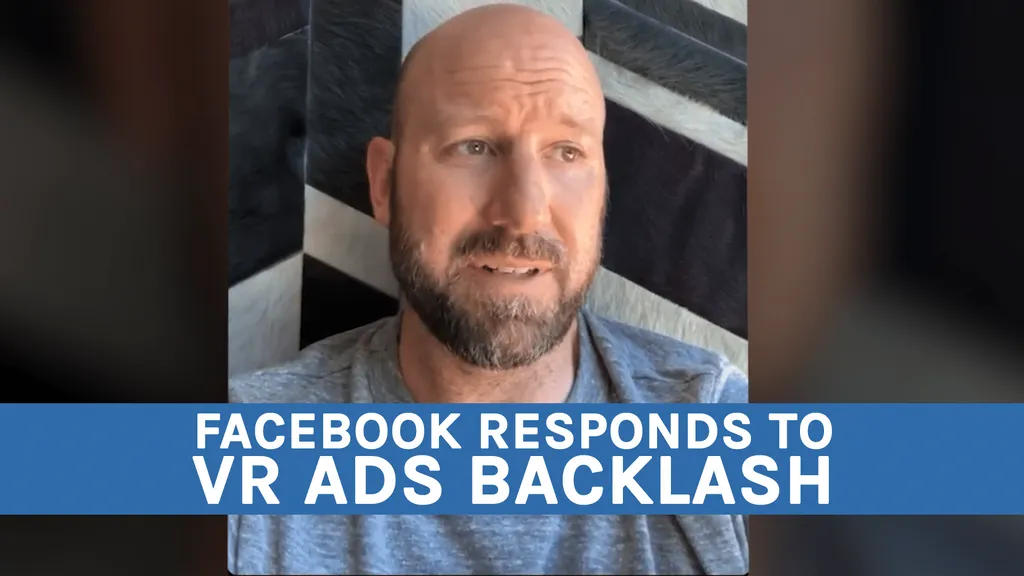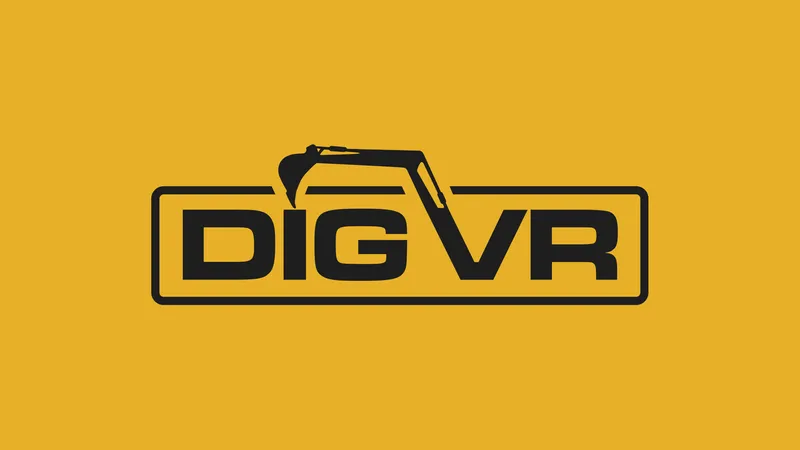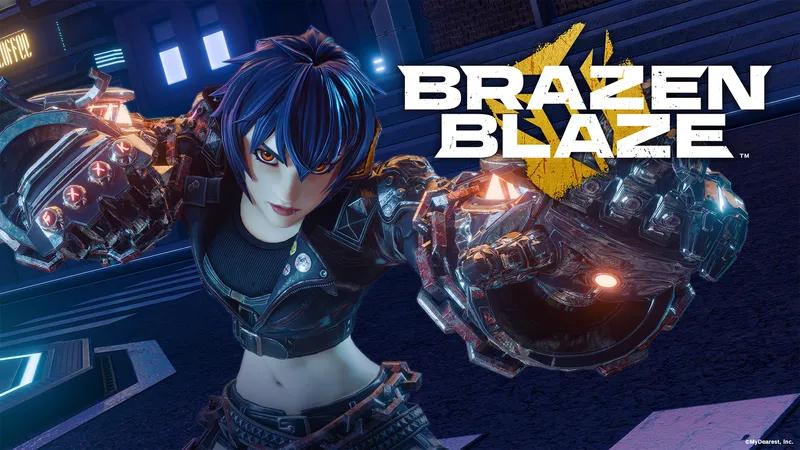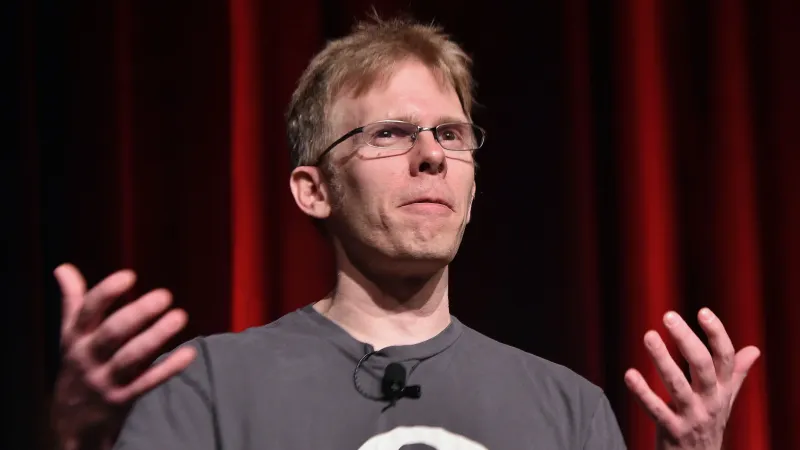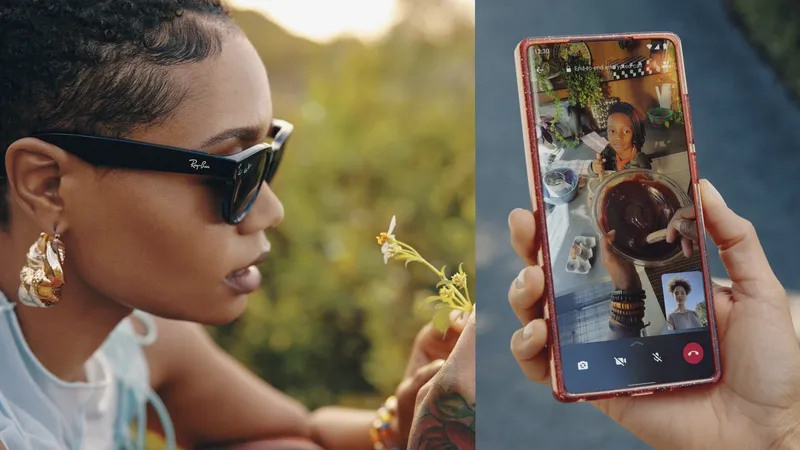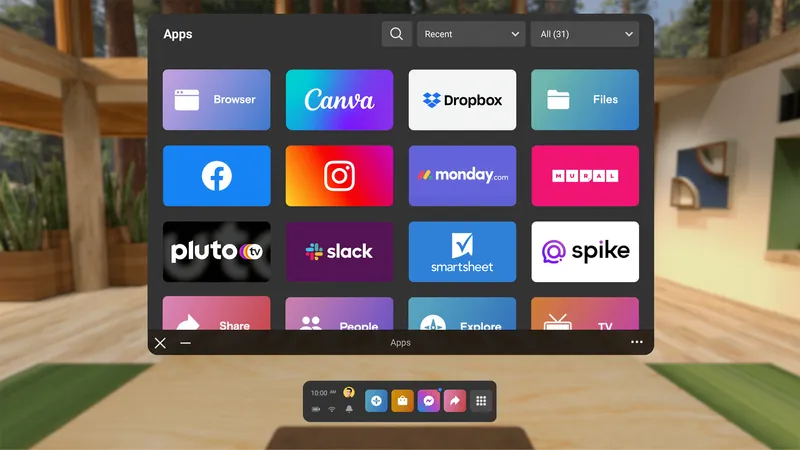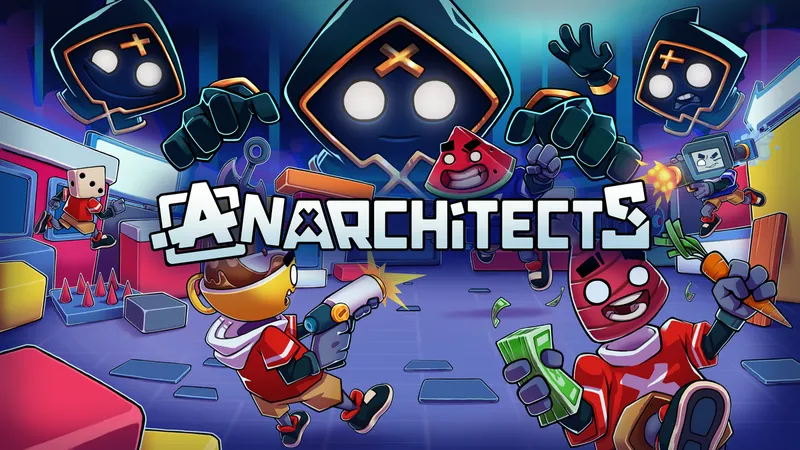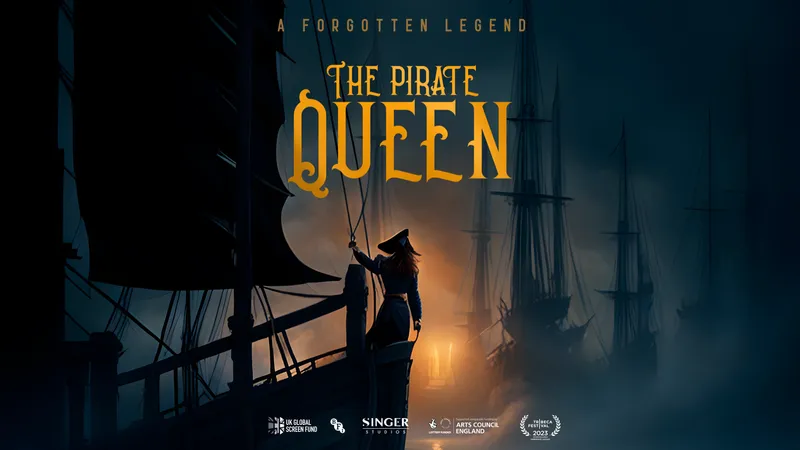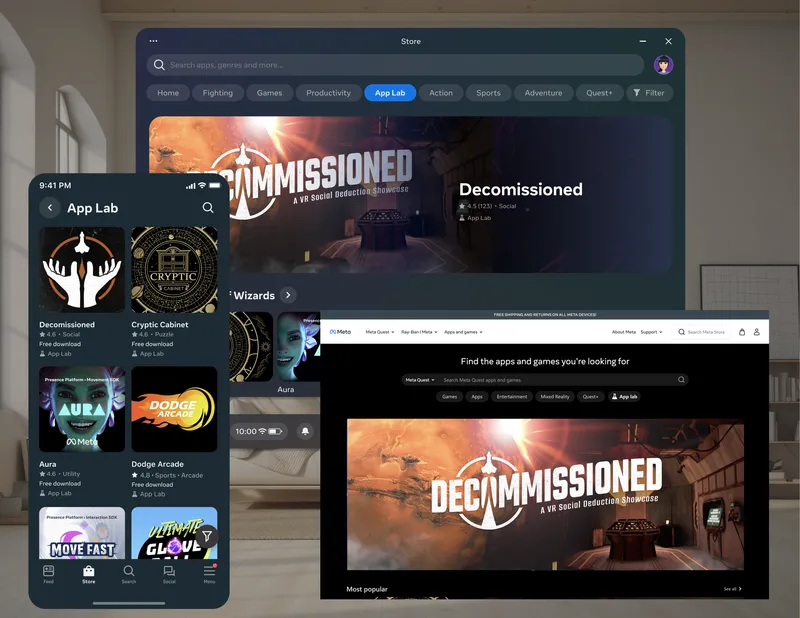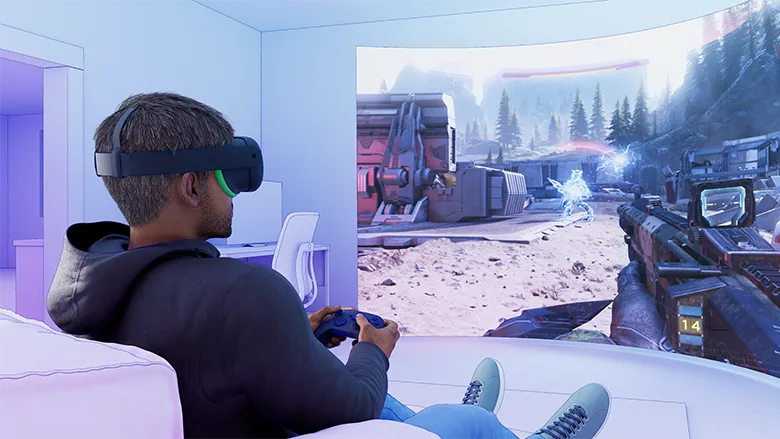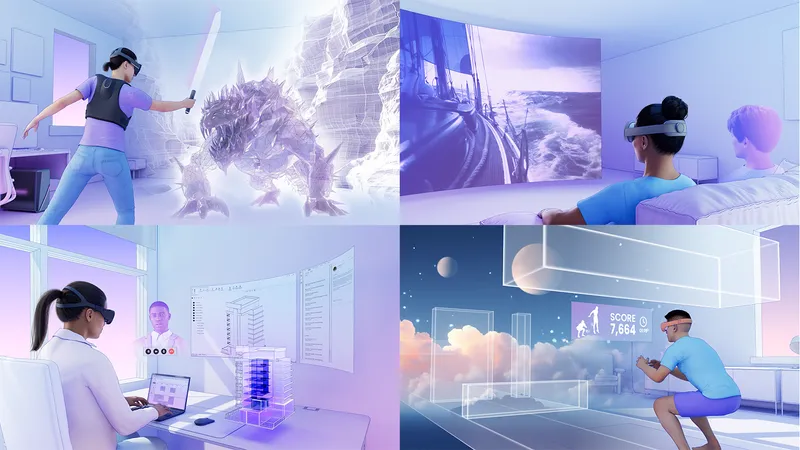Andrew Bosworth, VP of Facebook Reality Labs, responded to recent criticism and backlash surrounding Facebook’s decision to start testing in-headset ads, stating that the backlash was “frankly too much”.
The program was set to start with a test of in-game ads in Blaston from Resolution Games, but Resolution Games decided to pull out less than a week after the announcement. The studio said it was still considering testing the program in its free fishing game Bait!.
In his latest Instagram AMA, Bosworth responded to the backlash in a series of short videos. He noted that Facebook hadn’t communicated the news “very well”, emphasizing that ads were intended to be “contextual and relevant”, and enable another revenue stream for developers.
But the executive also noted that he was “kind of staggered” by the reaction to the news and that he ultimately felt like the backlash was “too much”.
We’ve transcribed the segment below or you can watch it in full via the embedded video above.
Bosworth: Yeah. This one kind of blew up a week or two ago and it surprised me and it’s our fault. I don’t think we communicated very well. We’re here for developers. That’s the best way to help consumers have great content is to help developers build a business. So we are looking at ads for them, but it’s important that you hear me say ‘for them’ — it really is for developers, so they can take it, they can leave it.
Some developers decided to opt out. That’s totally fine with me. I think for some developers and for some content it’s going to be great. It’s also going to drive lower prices for consumers. As developers can spend less money trying to acquire consumers in the first place. I’ll be honest, I was kind of staggered people were like, “You’re going to put ads in my eyeballs?” I mean, yeah, it’s obviously not an app that you’re gonna use if they do a bad job of it. So for me, I’ve always believed in ads, I believe in great ads and that involves ads that are contextual and relevant and that’s kind of what we do.
So, you know, I get it. People were like, “you’re going to put ads on a device that I bought.” It’s like, yeah, like every other device that you bought. People are tweeting me that from their iPhones. So they bought a device, an iPhone, that has ads on it and their TV and every other device. It’s up to you what you engage with.
So to finally answer the question, it’s really up to developers, how they want to build these things. I think they’re going to want to do it in ways that feel native, that feel good to consumers. Cause that’s what they’re in the business of doing. We see this a lot already in sports games, where it actually enhances the realism to have the same sponsors.
So basically I don’t have a strong opinion about what the ad formats are. I think the real key is are they effective for the advertiser? Are they effective for the developer? Do they result in a good experience for the consumer? We care about all those things. And so it’s super early, like incredibly early. And the backlash was frankly too much.
You can read more about the Facebook in-headset ads here, and read more about Resolution Games pulling Blaston from the program here.

